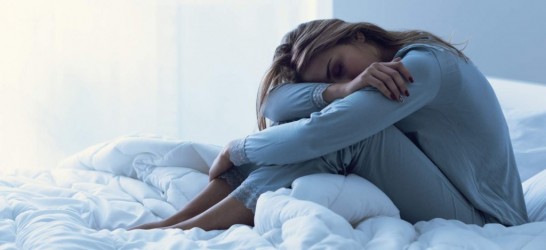Did you know that if you don’t get enough sleep, you are more cranky, stressed, and tired the next day. You can suffer both short-term and long term mental and physical health effects from sleep deprivation. It can cause depression, anxiety, PTSD, or other mental disorders. To keep your brain and body healthy, you must get enough sleep. We’ll be discussing how sleep affects mental well-being and the relationship between sleep deprivation, mental disorders, and sleep.
The relationship between sleep and mental health
Complex relationships exist between sleep and mental health. Studies have shown that there is a bidirectional relationship between mental health and sleep. This means that a sleep disorder could be both a cause or symptom of mental disorders.
A good night’s sleep is essential for the brain’s functioning and your mental health. Your brain goes into repair mode every night when you go to bed. If you don’t get enough sleep, your brain function, mental and physical health, and overall health, can suffer.
The impact of sleep on mental health disorders
Your mental health and sleep are interconnected. It is important to examine your sleeping patterns to determine if you are experiencing anxiety or depression. This can be done by speaking with a healthcare professional at a health treatment center.
Stress and sleep
Your sleep quality can be affected by stress. If you are experiencing stress from a long-lasting event or time, you might experience insomnia temporarily or chronically. Insufficient sleep can lead to anxiety. This is because insufficient sleep can cause an increase in stress hormone (cortisol), which makes you more anxious and makes it difficult to relax.
Anxiety and sleep
Anxiety is a common mental disorder that affects teenagers, young adults and the elderly. Anxiety can be a major symptom or cause of sleep deprivation, or even a symptom. Around 75% of people suffering from generalized anxiety disorder have insomnia or another sleep disorder. Anxiety can lead to anxiety-related stress, worry, and racing thoughts. This can keep your brain alert even when you’re trying to relax.
Sleep and Depression
Poor sleep can be caused by many mental disorders, including depression. Around 75% of those with depression have reported having insomnia. Others report hypersomnia, which is another common sleep disorder. Either you can’t fall asleep due to depression, or you are too tired from depression. But, insomnia can lead to depression. People with insomnia are more likely to suffer from depression.
Poor Sleep Habits: You Must Stop Pressing Snooze
It is becoming increasingly difficult to get enough sleep due to our hectic lives and the many digital devices that we use every day. After a long day of running the household, taking care family duties and getting the kids to sleep, people don’t have time to unwind and rest. We’re either too focused on the next day, or too tired to take time for self-care.
* Watching TV until you fall asleep
* Use your smartphone or tablet during the time you wish to go to sleep
* Returning home, jumping straight into bed and not taking any time to unwind
* Getting up in the morning and getting to sleep
* Eat a big meal before falling asleep
* Avoiding a temperature or other environment that makes it difficult to fall asleep.
* Do not nap for too long during daylight
* Use your bedroom for purposes other than those it was intended for (making it multi-purpose).
* Consuming a stimulant prior to bed (Caffeine or alcohol, etc.
* Inconsistent bedtime routine



